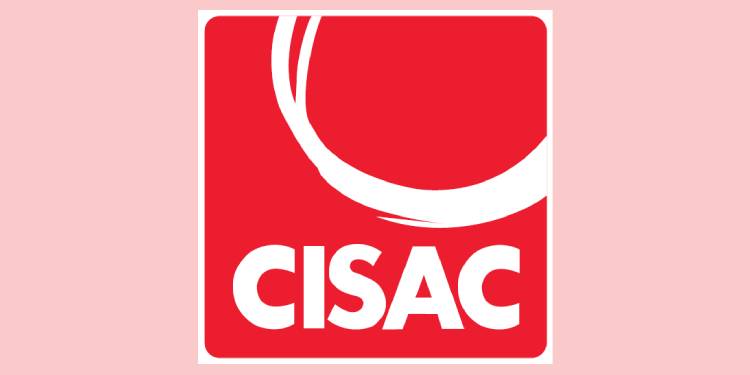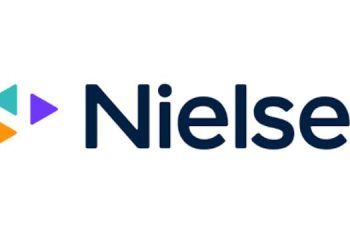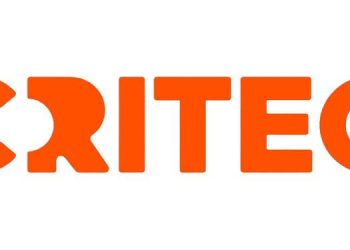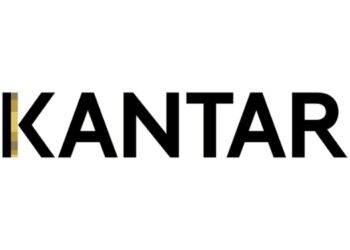Paris: A groundbreaking global study commissioned by CISAC (International Confederation of Societies of Authors and Composers) and conducted by PMP Strategy reveals that generative AI is set to significantly enrich tech companies, but at the expense of human creators. As AI-generated content continues to proliferate, the study forecasts a substantial decline in income for music and audiovisual creators, with policy intervention urgently needed to protect creators’ rights.
The study estimates that creators in music and audiovisual sectors will face a 24% and 21% revenue loss, respectively, by 2028. This represents a cumulative loss of €22 billion over the next five years – €10 billion in music and €12 billion in audiovisual sectors. The reason behind these staggering losses is the growing market for generative AI-driven content, which is expected to surge from €3 billion today to €64 billion by 2028.
Generative AI services, which have already begun to impact the music and audiovisual industries, will see significant revenue growth, from €0.3 billion to €9 billion by 2028. These figures reflect a shift in economic value from creators to AI companies, with AI-generated content posing a direct threat to traditional revenue streams.
In the music sector, the proliferation of AI-generated music will significantly affect streaming platforms and music libraries. By 2028, generative AI music is projected to account for 20% of traditional streaming revenues and 60% of music library revenues.
The audiovisual industry faces similar challenges, with the study indicating that sectors such as dubbing, subtitling, screenwriting, and directing will experience substantial revenue losses due to AI substitution.
Key Findings of the Study:
- By 2028, music creators are at risk of losing 24% of their income, while audiovisual creators face a 21% loss.
- The market for generative AI-created music and audiovisual content will grow from €3 billion today to €64 billion by 2028.
- Generative AI services in music and audiovisual are projected to generate €9 billion by 2028, up from €0.3 billion now.
Policy Recommendations: The study calls for urgent intervention by policymakers to safeguard creators’ livelihoods. It stresses the importance of transparency, ensuring creators are fairly compensated for the use of their works by AI companies. Additionally, it emphasizes the need for effective regulatory frameworks that prevent the unauthorised use of creators’ intellectual property by AI models.
Rakesh Nigam, CEO of Indian Performing Rights Society (IPRS), stated, “The CISAC report sheds critical light on the far-reaching economic impact of generative AI on creators, particularly in the music and audiovisual sectors. While AI offers immense possibilities for innovation, it also poses significant challenges to the livelihoods of songwriters, composers, and other creators who form the bedrock of the creative economy. At IPRS, we firmly believe that robust policies are essential to ensure fair compensation and safeguard the value of human creativity, which fuels the very foundation of AI-driven content. This study is a timely wake-up call for policymakers and industry stakeholders to address these challenges collaboratively and equitably.”
CISAC President Björn Ulvaeus commented, “For creators of all kinds, from songwriters to film directors, screenwriters to film composers, AI has the power to unlock new and exciting opportunities – but we have to accept that, if badly regulated, generative AI also has the power to cause great damage to human creators, to their careers and livelihoods. Which of these two scenarios will be the outcome? This will be determined in large part by the choices made policy makers, in legislative reviews that are going on across the world right now. It’s critical that we get these regulations right, protect creators’ rights and help develop an AI environment that safeguards human creativity and culture”.
CISAC Director General Gadi Oron added, “CISAC commissioned this study from PMP Strategy to show the enormous value that copyright works bring to Gen AI companies. Its conclusions point to a fundamental flaw that is opening up in the market, with creators’ works being unfairly and unethically appropriated to boost the revenues of Gen AI providers, while leaving the creators themselves out of this growth There is a critical message here for policy makers: they must act urgently to safeguard human creators, culture and creativity. They must ensure that human creators are protected, can exercise their legal rights and can demand transparency from AI services. With these principles enshrined in the AI environment, this can be a win-win for creators and the tech industry rather than a threat to our culture and creative sector”.
CISAC Vice-President, film director and screenwriter Ángeles González-Sinde Reig said, “This study highlights the need for ethical and economically sound policies that put creators’ rights at the very centre of the AI world. AI tools can profoundly support our work as story tellers and film makers. But there is an enormous anxiety that in the rush to exploit and monetise generative AI, creators will be treated like an afterthought, lacking the right to authorise uses of their work, unprotected by transparency rules and unable to receive fair remuneration. We must not forget that it is human creators who provide the fuel of the AI world and who must be at the centre of policy making and regulation”.
Marcelo Castello Branco, CISAC Board Chair and CEG of Brazil’s UBC said, “Our sector has adapted to whatever new technology comes our way, but with generative AI we find ourselves in uncharted territory as the disruption goes to the very core of the creative process, not just its distribution channels. We stand ready to embrace these changes, but let there be no doubt: our foremost priority is to protect the livelihoods of our member creators. We are committed to ensuring that they can continue their vital work and sharpen their craft without compromise. Together, we will navigate this landscape, safeguarding the rights and opportunities of those who drive real and human innovation and creativity”.
The study concludes that without regulatory changes, creators face dual challenges: loss of revenue due to the unlicensed use of their works by AI models and competition from AI-generated content that mimics human-made works. To ensure the protection and fair compensation of creators, policymakers must urgently implement transparency rules and safeguard intellectual property rights within the growing generative AI landscape.

















